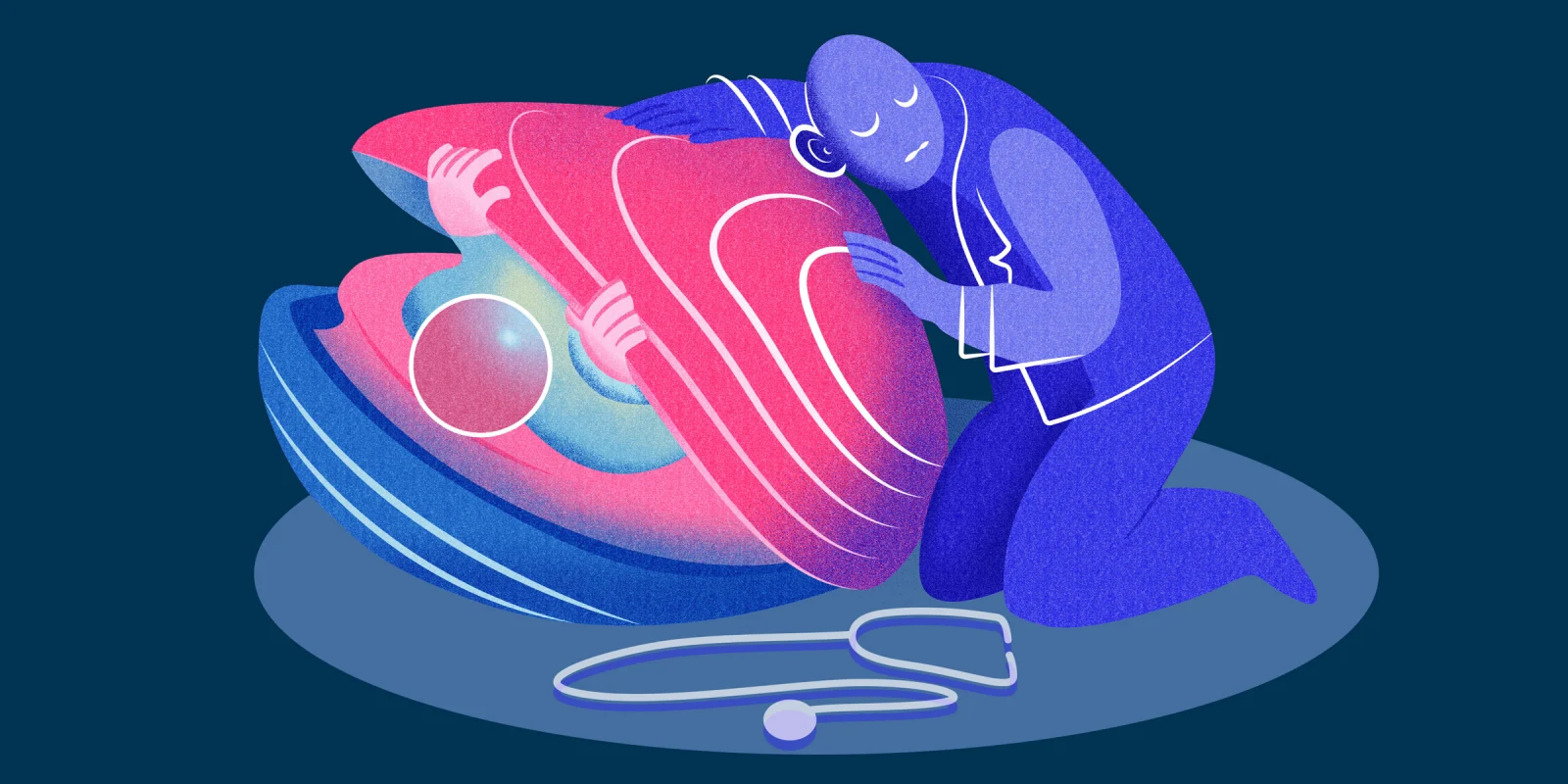Sitting alone after a long day in the hospital a few months ago, I lazily clicked a link to a transcript of Britney Spears testifying about her conservatorship. I had been loosely following the case, vaguely aware of the “Free Britney Movement,” but not keyed into the details of the situation. I clicked the link out of curiosity and boredom, not expecting anything shocking. But as I read through her testimony, I was shaken by the desperation of her words. I could feel her quaking anger, her aching sadness. Over the ensuing months, I watched the documentaries and read the varied commentary, becoming more and more engrossed in Ms. Spears’ story. Suddenly the nuances of conservatorships and guardianship, usually the parlance of forensic psychiatry, were thrust into the public consciousness: everyone seemed to have an opinion – including members of Congress – and everyone wanted more of the dramatic story. Protesters held signs demanding an end to involuntary care and conservatorships. It was challenging to keep track of the different players, their various motives, and how Ms. Spears fell into such a restrictive situation. And while the details of what led to Britney Spears’ conservatorship remain appropriately private, seeing what she went through left me with a sinking feeling in my stomach. I couldn’t help but think of the many psychiatric patients I’ve treated on an involuntary basis – I wondered if they had felt similar pain.
I remembered a patient I treated who was transferred to us from labor and delivery after she arrived in a disorganized and paranoid state. She was experiencing homelessness and was vulnerable, using multiple substances and convinced she was being pursued by nonexistent entities. She vehemently refused care, pleading not to take medication, asking to be released back to the streets. I struggled at the time with the decision to pursue involuntary treatment. I sought advice from colleagues, going over the situation again and again in my mind. In the end, we went forward with involuntary care – she was retained and eventually started taking medication. She improved, was placed in housing, and given a better chance at a healthy life and pregnancy. She had a good outcome, but the pain and fear she expressed when she first arrived stuck with me – taking away her right to choose her path, even when her motivations were clouded by severe illness, was agonizing.
Another challenging case came when a patient was admitted after stopping his medication. He had been stable for years but inexplicably stopped his antipsychotic and was thrust into a disorganized, psychotic state. He became convinced that he had special powers and began confronting others in an agitated and violent way. He was retained involuntarily and eventually started taking medication again. He began to improve and then without reason, insisted that he would go no higher on his dose of antipsychotic. His delusions persisted, but the violence and agitation had ceased. He demanded to leave, stating that he deserved to live his own life and make his own choices. We could have pursued more legal avenues to compel him to take more medication, including guardianship, but ultimately decided to let him go. The line between sick and dangerous is thin and sometimes it’s hard to know what the right decision is.
Involuntary psychiatric care is a complicated and nuanced topic. At its core, the goal is to treat a patient who is at risk of endangering themselves or somebody else when they refuse voluntary care. The topic of guardianship and conservatorship is even more intricate and complex but in general terms, these are legal arrangements where someone is appointed by a court to make decisions for another person who lacks the ability to make decisions on their own.
For example, one of the most memorable patients I treated was a woman with severe intellectual disability, autism spectrum disorder, as well as recurrent depressions that began with aggressive, violent behavior and then evolved into a state of catatonia where she became mute, stiff, incontinent, and stopped interacting with the world altogether. No medication seemed to faze her illness or state, and her mother was ultimately granted guardianship so that she could consent the patient for electroconvulsive therapy (ECT). Her catatonia lysed after a few weeks of treatment, and she remained well thereafter on a regimen of once monthly maintenance ECT. In this case, guardianship was lifesaving and used very much in the interest of the patient.
In another instance, I cared for a man who arrived on our unit as an involuntary patient after he was emergency petitioned by the police. In a state of manic frenzy, he was found roaming the streets, screaming at police officers to end his life. During his first week, he yelled at everyone in a pressured rush, leapt on tables, and threatened staff. He barely slept, driven by the unquenchable endurance that only mania brings. But once he began accepting medications, his mania started to gradually melt away. He slept for the first time in weeks and before long was having conversations about his life and his goals. On the day of his discharge, he shocked me by shaking my hand and saying, “Thank you for not giving up on me.”
The Britney Spears case led me to reflect on the many involuntary cases I have been involved in and what that experience must be like for a patient. By all accounts, what Britney Spears experienced appears to have been an abuse of the system, and the end of her conservatorship is a victory. Her case is tragic, and it should give everyone involved in involuntary treatment pause to reflect on the gravity of what it means to take away someone’s rights to choose. But we shouldn’t lose sight of the good that can come by treating patients who are too sick to accept care, remembering that when used appropriately, involuntary treatment can save lives.
What patients have you had under involuntary care? Would you make the same decision today? Share your dilemmas in the comments.
Chris Morrow is a geriatric psychiatry fellow at the Johns Hopkins School of Medicine. He completed his general psychiatry residency training at Johns Hopkins and served as a chief resident during his final year. His clinical and research interests include the psychiatric care of patients with neurodegenerative disease, psychiatric care in patients with complex medical illness, psycho-oncology, and collaborative care. He is a 2021–2022 Doximity Op-Med Fellow.
All names and identifying information have been modified to protect patient privacy.
Illustration by April Brust







